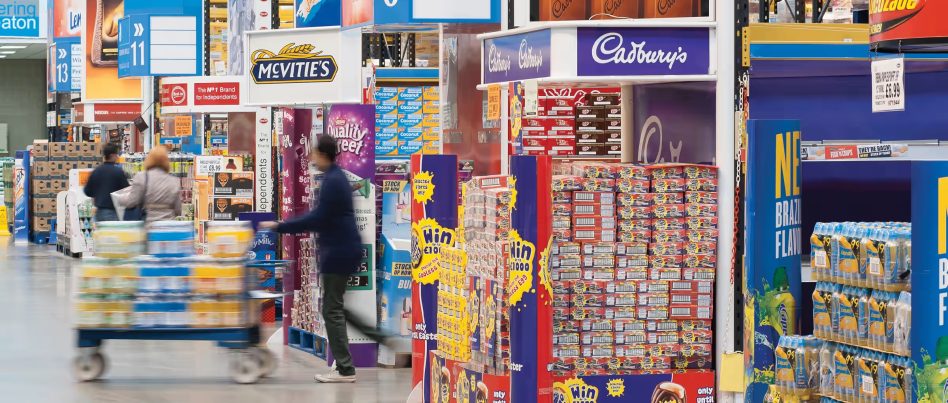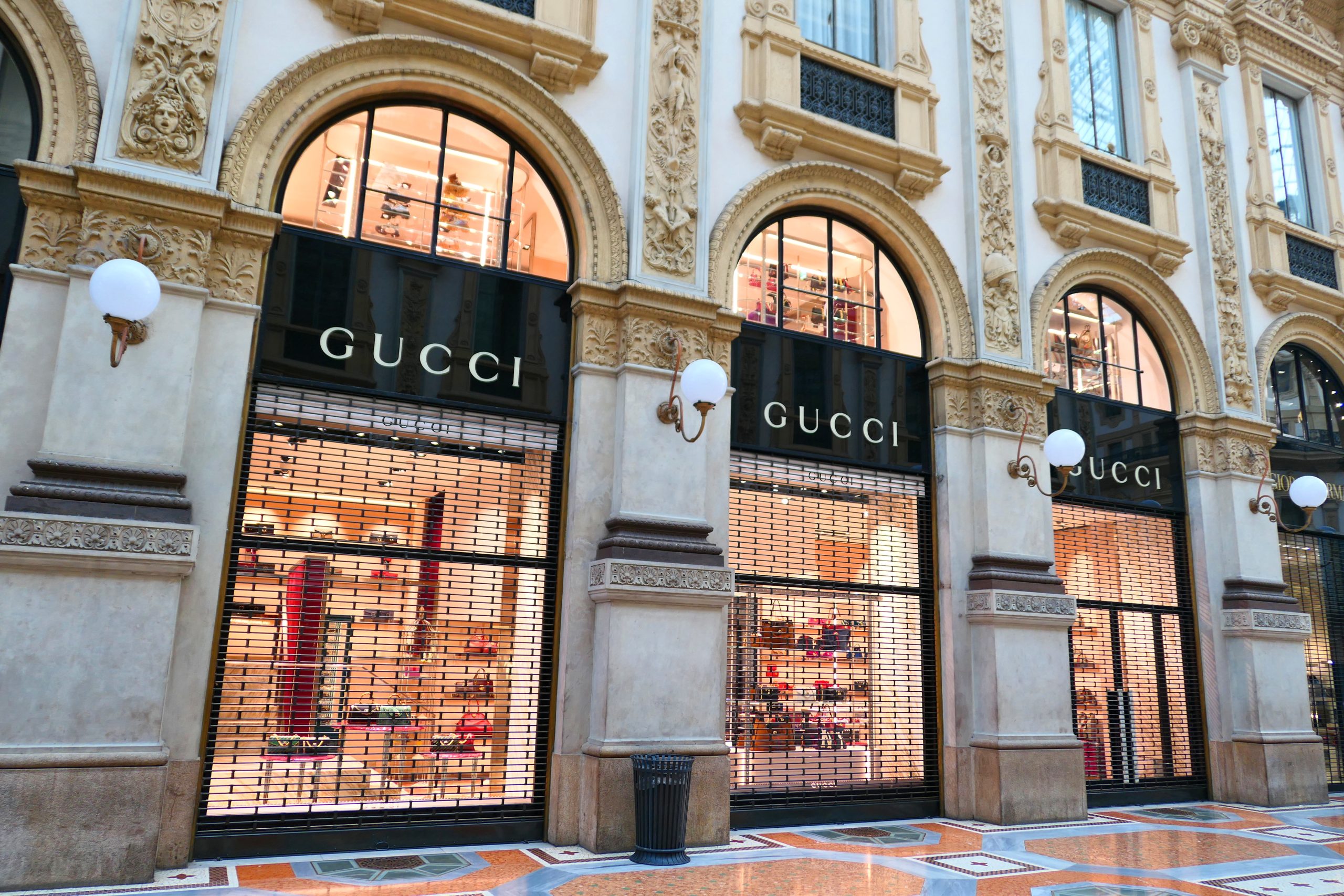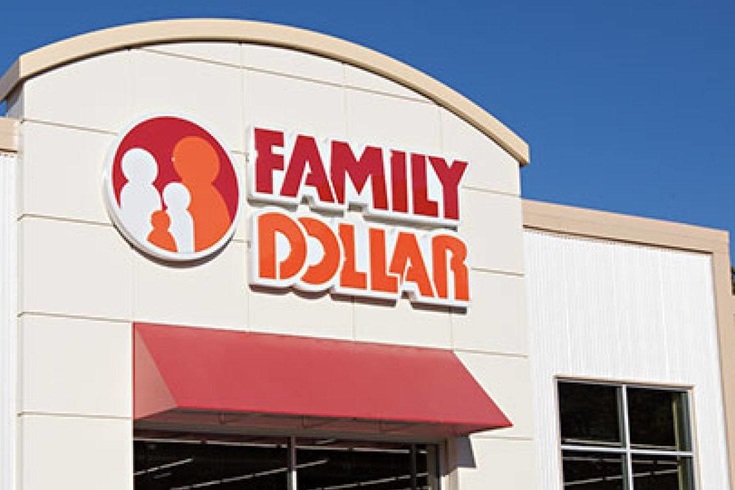
Image source: Bestwaygroup.co.uk
Britain’s local shops are as important as the nation’s identity as pubs and football are. In light of this, Bestway has pledged to protect and support them through its wholesale network chain. Bestway is currently the second-largest wholesaler in the UK after Booker Group Limited, a subsidiary of Tesco.
It was back in November when the British food and drink wholesalers first promised to prop up and reinforce the sector as a whole. 6 months later and it looks like the British wholesale giant is keeping its promise. Bestway is asking both government bodies and loyal customers to continue supporting local shops in an effort to keep them in business.
Founded in 1956 by Pakistani immigrant Sir Anwar Pervez, Bestway knows a thing or two about local shops. Pervez opened his first shop in Earl’s Court in London specializing in ethnic food for the expanding immigrant community in the area.
Despite trying his best to cater to the needs of the locals by opening early and closing late, the import costs were often too high. When suppliers denied his request for fairer prices, Pervez decided to go into the wholesaling trade himself. Several decades later, Bestway is now a £4.5 billion multinational company dealing in groceries, and several other sectors such as cement and banking.
By 1990, after a decade of rapid wholesale growth for Bestway, Pervez looked to expand and focused on taking profits out of the wholesaling enterprise and invested them into cement manufacturing in Pakistan, to support the developing economy’s growth. Nowadays, Bestway Cement is Pakistan’s second-largest producer of cement and also owns the majority stake in the Pakistan lender United Bank Limited.
As of 2023, the Bestway brand now has over 1,500 stores under several branches such as Costcutter, Bargain Booze, Best-One, as well as Wine Rack brands, which is a collaboratively owned endeavor. Last year, Bestway’s banking enterprise generated pre-tax revenue of over £245 million. For comparison, even though 2/3 of Bestway’s £4.5 billion worth stems from its wholesale branch, it only generated around £71 million in pre-tax profits last year.
It has been said that Bestway basically invented modern wholesaling as it operates today and in the 70’s and 80’s created a lot of opportunities for people to open up shops and earn a decent living from the trails it blazed. These days it is a vast and complex ecosystem involving thousands of people who have become entrepreneurs in their own right, that continue to do big things in the industry.
Most recently, Bestway stunned Sainsbury’s board of directors when it was revealed that it had obtained a 3.5% stake in the company, worth over £190 million, and mounted concerns of an eventual takeover attempt. However, under takeover laws in the UK, Bestway cannot assemble a bid to buy Sainsbury’s for at least 6 months, unless another bid comes in from another group first.
Bestway is yet to confirm or deny whether it is interested in increasing its stake in Sainsbury’s further, and for now at least, is happy with its dividends and investment in the popular supermarket chain. Even with Bestway’s impressive size and holdings, many within the company believe there are still massive opportunities for expansion and growth.
Currently, its four major channels of business are committed to continuing to be the best at what they do, with a focus on growth within these sectors and doing the best practices for each one. In the avenue of wholesaling in particular, there is plenty of room to grow, be it through retailers, or alternative platforms such as providing for pubs, restaurants, cafés, caterers, and other food service businesses.
Overall, it had been a rough couple of years for smaller-scale food-service establishments, and many will likely be forced to leave the market, over the next few years. Bestway too has been affected negatively and is facing issues of its own, such as tougher labour markets, energy prices, and supply chain and distribution problems.
All of this has resulted in creating cost and price inflation on pretty much anything that is being bought or sold. As a consequence, Bestway is focusing a lot more time battling price changes and managing its product file, which is not the most valuable use of its resources. There is some light at the end of the tunnel though, as it looks like things are beginning to head in the right direction once more.

Image source: Bestwaygroup.co.uk
Britain’s local shops are as important as the nation’s identity as pubs and football are. In light of this, Bestway has pledged to protect and support them through its wholesale network chain. Bestway is currently the second-largest wholesaler in the UK after Booker Group Limited, a subsidiary of Tesco.
It was back in November when the British food and drink wholesalers first promised to prop up and reinforce the sector as a whole. 6 months later and it looks like the British wholesale giant is keeping its promise. Bestway is asking both government bodies and loyal customers to continue supporting local shops in an effort to keep them in business.
Founded in 1956 by Pakistani immigrant Sir Anwar Pervez, Bestway knows a thing or two about local shops. Pervez opened his first shop in Earl’s Court in London specializing in ethnic food for the expanding immigrant community in the area.
Despite trying his best to cater to the needs of the locals by opening early and closing late, the import costs were often too high. When suppliers denied his request for fairer prices, Pervez decided to go into the wholesaling trade himself. Several decades later, Bestway is now a £4.5 billion multinational company dealing in groceries, and several other sectors such as cement and banking.
By 1990, after a decade of rapid wholesale growth for Bestway, Pervez looked to expand and focused on taking profits out of the wholesaling enterprise and invested them into cement manufacturing in Pakistan, to support the developing economy’s growth. Nowadays, Bestway Cement is Pakistan’s second-largest producer of cement and also owns the majority stake in the Pakistan lender United Bank Limited.
As of 2023, the Bestway brand now has over 1,500 stores under several branches such as Costcutter, Bargain Booze, Best-One, as well as Wine Rack brands, which is a collaboratively owned endeavor. Last year, Bestway’s banking enterprise generated pre-tax revenue of over £245 million. For comparison, even though 2/3 of Bestway’s £4.5 billion worth stems from its wholesale branch, it only generated around £71 million in pre-tax profits last year.
It has been said that Bestway basically invented modern wholesaling as it operates today and in the 70’s and 80’s created a lot of opportunities for people to open up shops and earn a decent living from the trails it blazed. These days it is a vast and complex ecosystem involving thousands of people who have become entrepreneurs in their own right, that continue to do big things in the industry.
Most recently, Bestway stunned Sainsbury’s board of directors when it was revealed that it had obtained a 3.5% stake in the company, worth over £190 million, and mounted concerns of an eventual takeover attempt. However, under takeover laws in the UK, Bestway cannot assemble a bid to buy Sainsbury’s for at least 6 months, unless another bid comes in from another group first.
Bestway is yet to confirm or deny whether it is interested in increasing its stake in Sainsbury’s further, and for now at least, is happy with its dividends and investment in the popular supermarket chain. Even with Bestway’s impressive size and holdings, many within the company believe there are still massive opportunities for expansion and growth.
Currently, its four major channels of business are committed to continuing to be the best at what they do, with a focus on growth within these sectors and doing the best practices for each one. In the avenue of wholesaling in particular, there is plenty of room to grow, be it through retailers, or alternative platforms such as providing for pubs, restaurants, cafés, caterers, and other food service businesses.
Overall, it had been a rough couple of years for smaller-scale food-service establishments, and many will likely be forced to leave the market, over the next few years. Bestway too has been affected negatively and is facing issues of its own, such as tougher labour markets, energy prices, and supply chain and distribution problems.
All of this has resulted in creating cost and price inflation on pretty much anything that is being bought or sold. As a consequence, Bestway is focusing a lot more time battling price changes and managing its product file, which is not the most valuable use of its resources. There is some light at the end of the tunnel though, as it looks like things are beginning to head in the right direction once more.



